India is a land of diversity. Home to a large population, its people speak many languages, follow different cultures and practice all the major religions of the world. It is the biggest democracy in the world. But it is also going through a lot of turmoil and problems. Major issues facing us include corruption, illiteracy, health and hygiene, poverty, women’s safety, infrastructure, environmental problems, etc.
Many people have made major contributions to the Indian society to eradicate such problems. When we think of these social reformers, the names that come to our mind are of Swami Vivekananda, Raja Ram Mohan Roy, Jyotirao Phule, B.R. Ambedkar, etc. We ignore that women have played an equally significant role in bringing social changes and fighting social evils. Here are some of the women who have done some outstanding work in their respective fields and have become an example for other women of the country:
Savitribai Phule
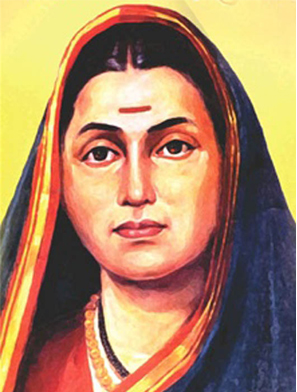
Born into a family of farmers in 1831, in Maharashtra, Savitribai was married at the age of 9 to Jyotirao Phule, who was 12. In spite of all this, she later went on to become the first woman teacher in India of the first women’s school in India, which she opened along with her husband. She is considered to be a pioneer in modern Marathi poetry. Savitribai also set up a care centre for widows and encouraged them to remarry. She even fought for the rights of untouchables. In 1852, she started the Mahila Seva Mandal to help create awareness among women of their social status and rights. She is truly an example for women today.
Mother Teresa
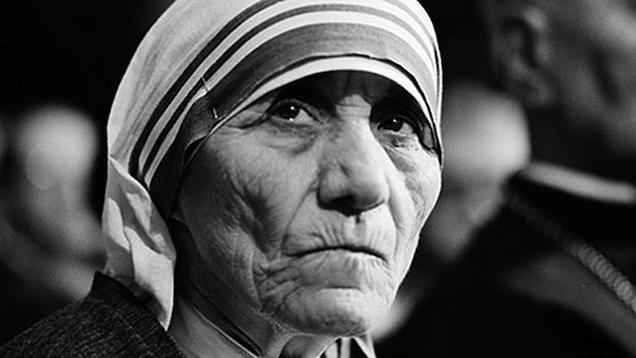
Mother Teresa is regarded as the symbol of love and humanity throughout the world. She was the saviour of thousands of orphans and deserted children. She devoted her entire life serving the ill and miserable people. Seeing the selfless service of a foreign lady, many women in Calcutta joined her. Thus came into being the institution called the missionaries of charity. This activity spread to other cities and countries.
Aruna Roy
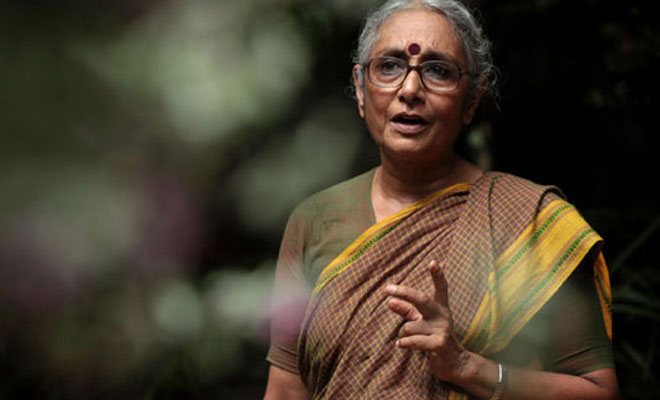
Known for her efforts to fight corruption and promote government transparency, Roy entered the civil service in 1968 as an officer in the Indian Administrative Service (IAS). She left the IAS in 1974 to join the Social Work and Research Centre, a rural- development organization in Tilonia in Rajasthan, founded by her husband. In 1990 she set up the Mazdoor Kisan Shakti Sangathan (MKSS), an organization devoted to empowering workers and peasants and increasing the accountability of local governments. A nationwide grassroots campaign launched by MKSS led to the adoption of right-to-information laws by nine states in the early 2000s, and a national right to information law was approved by India’s parliament in 2005. Roy played a significant role in this.
Medha Patkar
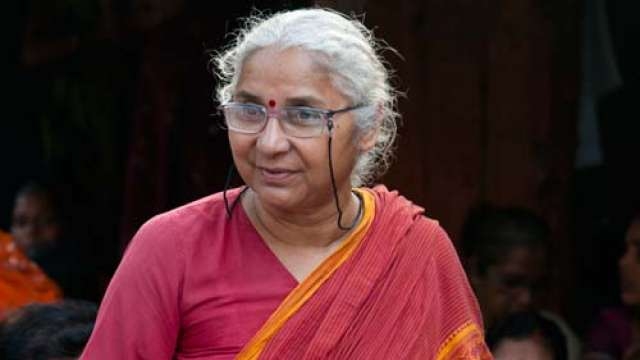
Born to socially active parents, Patkar grew up in an environment imbued with a sense of social justice and freedom. Patkar’s activism began in the 1970s when the Indian government was promoting dam building as a route to modernization. The harnessing of river water was to provide water for drinking and irrigation an also help in electricity generation but it would also, displace thousands of people as the construction of dams would submerge many areas. She organized marches and protests as the dam construction was against the right to life and livelihood guaranteed by the Indian Constitution. Patkar went ahead to establish the Narmada Bachao Andolan (Save the river Narmada). Through NBA, Patkar asked the government to help those rendered homeless and without livelihoods because of the construction of the Sardar Sarovar dam. She was a representative to the World Commission on Dams. Today, she is recognized internationally for her work.
Shaheen Mistri
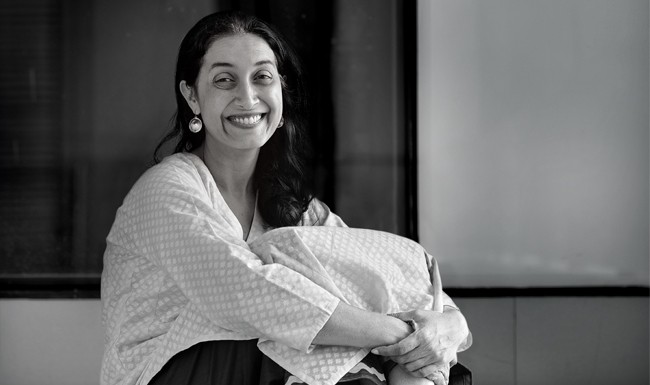
Shaheen Mistri is the CEO of Teach for India, and the founder of Akanksha, an Indian non-profit educational initiative. Born in Mumbai, she had an international upbringing and grew up in 13 different countries due to her father’s transferable job. To ensure the children didn’t forget their roots, the Mistri family would visit Mumbai every summer. Shaheen would volunteer at a school for the visually impaired or an orphanage or any other place. During her University days, when she visited Mumbai, she was shocked to see children running up to her car and begging while she was stuck in traffic. She then decided that she would not return the US and rather stay in Mumbai to work on her dream to provide every child in India access to education. Today the Akanksha Foundation teaches over 6,500 children through three centres and 21 schools in Mumbai and Pune The teach for India fellowship enlists India’s most promising college graduates and young professionals to spend two years teaching in low-income schools to bridge the educational gap in the country.
Irom Sharmila
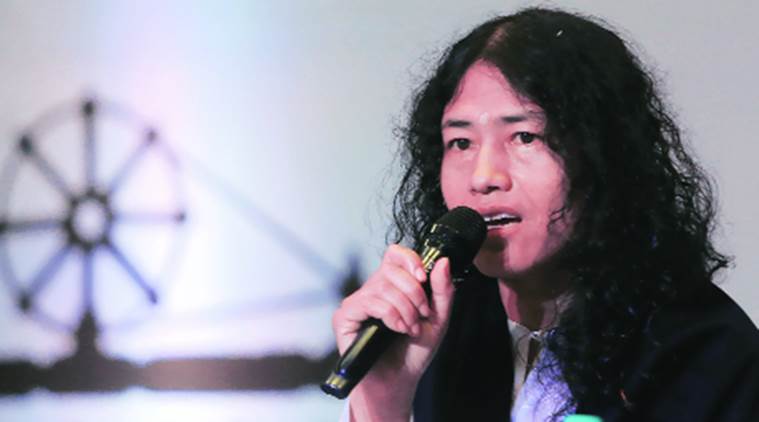
Irom Sharmila, also known as the “Iron Lady” is a civil rights activist and poet from Manipur. She had fought against “Malcolm-massacre” in which about 10 innocent people were killed and against the Armed Forces Special Powers Act (AFSPA) in the seven-sister states of India. She began a hunger strike that ended in August 2016 after 16 years of fasting. This has been “the world’s longest hunger strike”. She broke her fast with the objective of entering politics to continue her fight to remove AFSPA.
Rangu Souriya
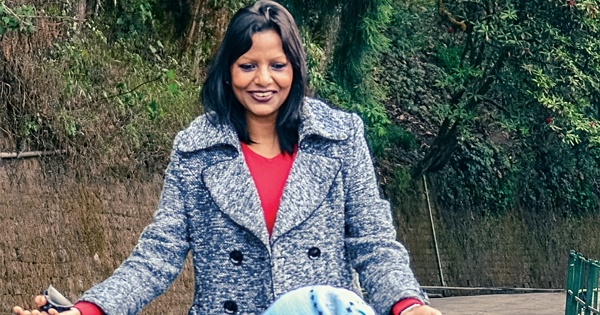
She is the founder of Kanchanjunga Uddhar Kendra, a non-profit organization, dedicated to helping victims of sex trafficking. She and others at the NGO have rescued more than 500 girls from cities like Patna, Delhi, Mumbai, Kolkata and other regions.
Anita Reddy

Born in Chennai, Tamil Nadu, Reddy is the founder of Association for Voluntary Action and Services (AVAS) that works for the rehabilitation and upliftment of the slum dwellers in Karnataka and Andhra Pradesh. The foundation also works for children’s education and women’s livelihood. The Government of India honoured Anita Reddy in 2011, with the fourth highest civilian award, Padma Shri.
Jyoti Dhawale
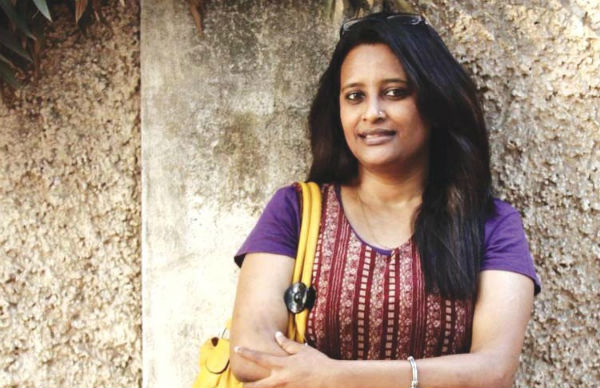
Jyoti is HIV Activist who works for the betterment of People Living with HIV/AIDS across India and the world. She started her work after she was detected HIV positive in 2005 due to medical negligence. She has counselled and guided many HIV patients and suicide-related cases through the medium of the internet and personal meetings. She is also a supporter of LGBT community and LGBT movement in India.
These are only the handful of the many women who have worked for a better India. They are an inspiration to other Indian women. It is the time that we start appreciating them for the noble work they are doing.

Responses